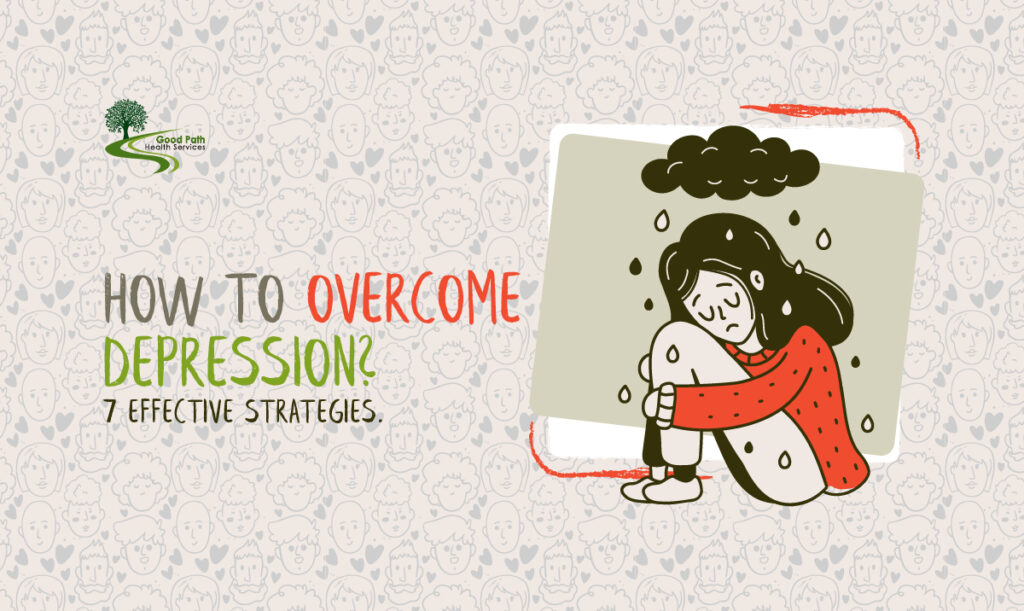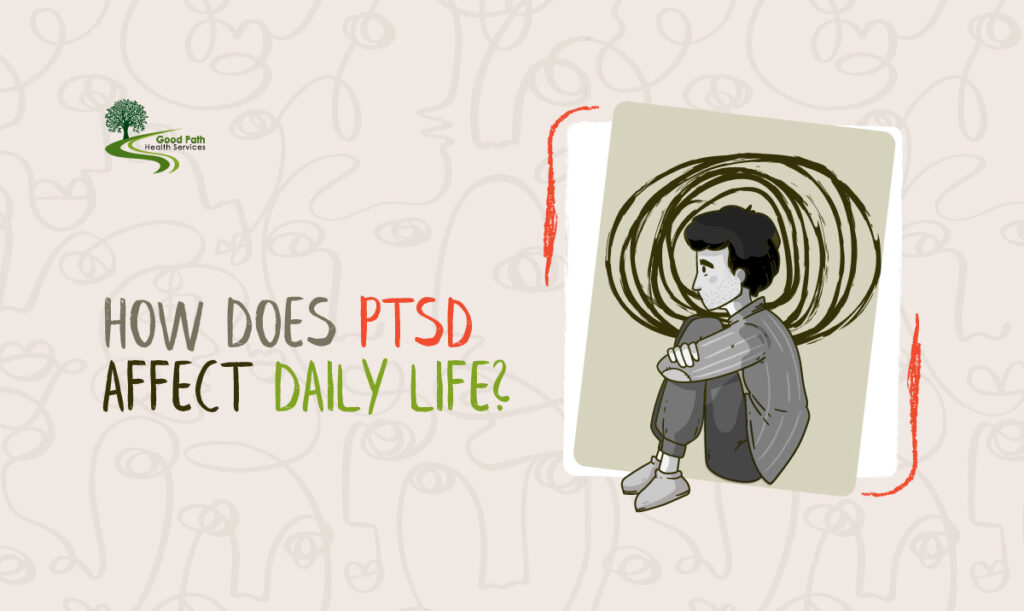
Psychiatrists are essential to the comprehensive field of mental health care.
As trained medical doctors, psychiatrists can prescribe medication, diagnose mental health conditions, and plan treatment.
But their influence isn’t limited to medication – many wonder if these healthcare professionals also engage with their patients through talk therapy.
The interconnected nature of mental health treatment often brings up the important question: Do psychiatrists do talk therapy?
Our blog explains the details of this question for mental health advocates, psych students, and people seeking therapy.
What is Talk Therapy?
Let’s break down what talk therapy is.
Talk therapy (also known as psychotherapy) uses multiple methods for talking and discussing mental health issues.
It’s a kind of treatment where people can speak freely about their feelings, thoughts, and behaviors with a trained professional.
Talk therapy intends to ease emotional/psychological distress, provide a supportive setting for behavioral change, and improve the quality of one’s life.
Do Psychiatrists Do Talk Therapy?
Yes, psychiatrists can and do provide talk therapy.
Traditionally, they are medical doctors responsible for diagnosing, treating, and preventing mental illnesses — their primary focus.
Nevertheless, many psychiatrists are also trained in different forms of psychotherapy.
From cognitive-behavioral therapy to psychodynamic therapy, psychiatrists use their diverse training to treat psychological issues and manage medications.
Because psychiatrists have medical backgrounds, they know how psychological and physiological aspects of mental health interact.
In this way, they can discern whether symptoms represent medical conditions or represent psychological disorders, which helps guide treatment.
Mental Health Professionals and Their Roles
Psychiatrists
- Medical doctors with specializations in mental health.
- Can prescribe medication and provide talk therapy.
- Ideal for those needing a combination of medication and psychotherapy.
Clinical Psychologists
- Trained in psychotherapy and psychological testing.
- Focus on behavioral treatment and psychotherapy without prescribing medication.
Licensed Clinical Social Workers (LCSWs)
- Support the client through counseling and psychotherapy.
- Often work in community settings, providing social and emotional assistance.
Licensed Professional Counselors (LPCs)
- Focus on talk therapy to treat mental health issues.
- Work in diverse settings, like private practices, hospitals, or schools.
Psychiatric Nurse Practitioners
- Advanced practice nurses.
- Licensed to assess, diagnose, and treat mental health issues, with authority to prescribe medication.
- Provide both psychological and pharmaceutical care.
Marriage and Family Therapists (MFTs)
- Specialize in family and relationship counseling.
- Use talk therapy to address issues within the dynamics of relationships and family structures.
Benefits of Talk Therapy with Psychiatrists
1. Detailed Medical Assessment
Psychiatrists can recognize issues that can have biological effects. This gives patients a more holistic treatment regimen.
2. Integrative Treatment
The combination of medication management and psychotherapy allows psychiatrists to develop treatments that blend medical treatment with psychological support.
3. Responsive Treatment Adjustments
Physicians can easily adjust medications while weighing therapy progress, providing more responsive care to the person’s changing needs.
Considerations for Seeking Talk Therapy with a Psychiatrist
To decide whether to pursue talk therapy with a psychiatrist, several things need to be taken into account:
1. Referral Sources and Credentials
Make sure your psychiatrist has appropriate training and credentials in pharmacological treatment and the type of psychotherapy that is right for you.
2. Therapeutic Relationship
The success of talk therapy depends largely on the connection and trust built between the therapist and the patient.
Finding a psychiatrist whose approach and personality are in line with your preferences is essential.
3. Insurance and Cost
Investigate whether your health insurance covers psychiatry sessions and if the psychiatrist’s policies match your financial circumstances.
In Summary
Do psychiatrists do talk therapy? Yes. Even though psychiatrists are traditionally associated with medication management, they can also do talk therapy.
Their expertise as medical specialists with psychological expertise makes a big difference for those experiencing mental health issues.
If you’re contemplating talk therapy under the guidance of a psychiatrist, putting your mental health first is commendable.
Progress might not be linear, but small steps can initiate a deeply meaningful shift with the right support.
If you or someone you care about is struggling with mental health, turn to Good Path Health Services for compassionate psychiatric support.
Our psychiatric team, consisting of psychiatric mental health nurse practitioners and clinical therapists, provides a range of treatment options.
Schedule an initial consultation with one of our psychiatric providers today.
FAQs
What to talk about in therapy?
There can be a lot of things to talk about in therapy.
You can talk about anything that’s on your mind or affecting your life.
It could be stress, anxiety, depression, relationships, changes in life, and past traumas. It’s a place where you can share your feelings and thoughts freely.
How often do you see a psychiatrist?
It depends on the person. Some people choose to schedule appointments weekly, while others do so on a monthly basis.
Your psychiatrist will recommend a schedule that is appropriate for your treatment plan.
How to talk to a psychiatrist?
Be clear and honest about what you’re experiencing. They are there to help you.
You can talk about your symptoms, concerns, personal history, or any emotions that you feel are connected to your mental health.
What are some reasons to see a psychiatrist?
Reasons to see a psychiatrist can be:
- Continuous feelings of sadness and despair.
- A lot of changes in mood.
- Unsettling thoughts.
- Not being able to cope with daily life.
- The aftermath of traumatic events.
- Managing a diagnosed mental illness.
What are advanced psychiatric therapeutics?
Advanced psychiatric therapeutics are the latest treatments and medication options for treating mental health disorders.
These could include newer medications, innovative therapy modalities, or technology-assisted interventions.
Can a therapist prescribe medicine?
Therapists generally cannot prescribe medication.
A psychiatrist, psychiatric nurse practitioners, and some other types of advanced practice nurses can prescribe medication.
What are integrated psychiatric services?
Integrated psychiatric services are a comprehensive approach to combining psychotherapy, medication management, and other supportive treatments.
This is done to treat mental health holistically.
Is psychiatry primary care?
No, psychiatry is not viewed as primary care.
Psychiatry is a medical specialty that focuses on the diagnosis, treatment, and prevention of mental, emotional, and behavioral disorders.
Can you see two psychiatrists at once?
Generally, it’s not recommended to see two psychiatrists simultaneously for the same condition.
Fragmented care, conflicting treatment plans, and overmedication are risks.
However, there might be times when a patient sees two specialists for different purposes.



